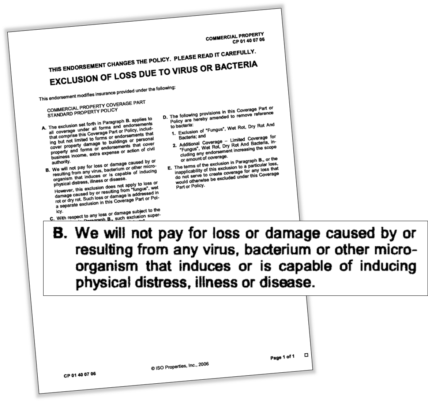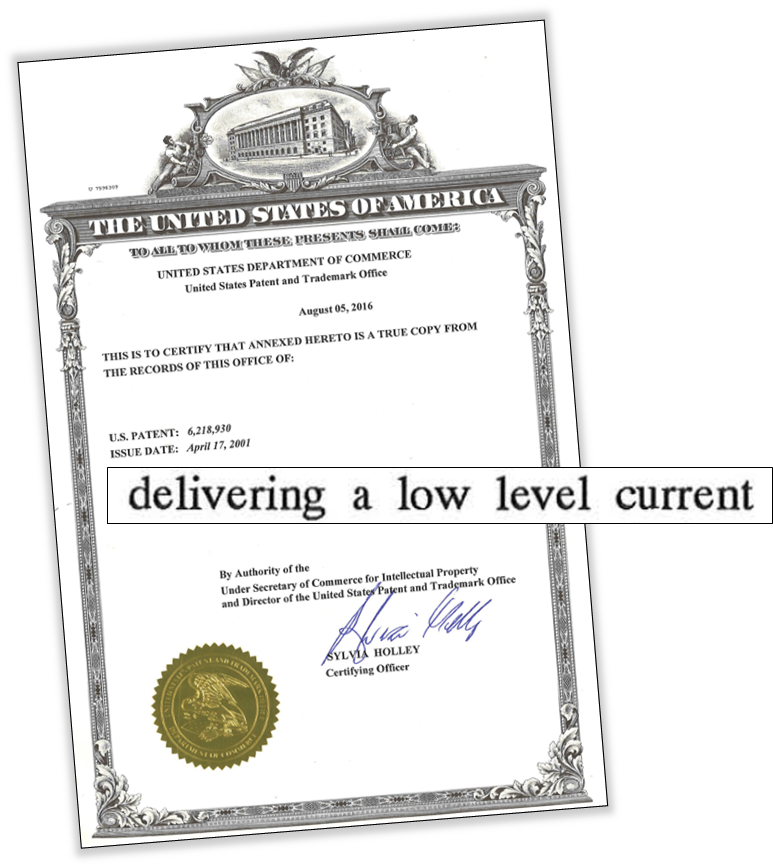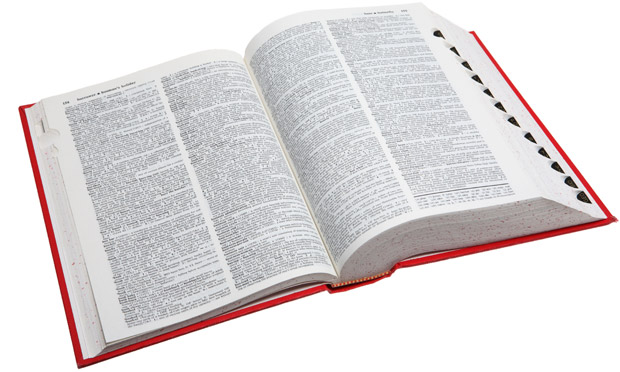COVID-19
Bad actors exploit bad times. That’s what they do. The current COVID-19 crisis is no different.
Whether it’s delaying shipments or services based on false claims of lost capacity or force majeure, denying insurance coverage reflexively and in bad faith, or making false claims about their products or those of their competitors, there will be no shortage of bad conduct by those seeking to capitalize on the current climate of uncertainty and fear.
Our firm will help you protect your rights in this current climate.
We have the subject matter expertise and skill needed to successfully litigate any type of commercial and consumer litigation—breach of contract, fraud, bankruptcy-related, investor and founder disputes, consumer class actions, and insurance coverage. Here is an example.
And as a trial firm that exclusively represents plaintiffs on a contingency-fee basis, our singular focus on winning verdicts and settlements uniquely positions us to develop and execute a case strategy that meets the needs of the client and meets this unusual moment.
Stay safe and healthy during these challenging times.
Navigating COVID-19 litigation

Jonas Jacobson
Most of the coming COVID-19 litigation is going to be about the meaning of words. For example, words in business contracts, leases, and insurance policies. If a contract excuses performance when performance has become “impossible,” does that apply during a stay at home order? If an insurance policy covers “physical contamination of the premises,” does that include viral contamination? If an insurance policy excludes “damage caused by or resulting from any virus,” does that exclude loss of customers resulting from a government lockdown?

Early in my career, I litigated and tried a number of patent cases. I did not expect these cases to have much in common with breach of contract cases. I was wrong about that. Patent cases are about technology, but at heart, they are about the meaning of words. Do the patent claims cover the accused technology? Do the claims describe a novel and non-obvious invention? Winning requires persuading the judge and jury that the words in the patent–e.g., “low level current”—mean what you say they mean.
 In both patent and contract cases, the rules of interpretation are similar. You begin with the plain meaning of words, e.g., the dictionary definitions.
In both patent and contract cases, the rules of interpretation are similar. You begin with the plain meaning of words, e.g., the dictionary definitions.

You narrow down possible meanings using the context of the document. For example, if words can mean two different things, and only one makes sense in context, you should reject the nonsensical meaning. You generally only look to outside sources—e.g., experts for patent cases, or extrinsic evidence for contract cases—if you cannot find the answer in the document itself.
If anything, breach of contract cases are easier. You don’t have to explain complex technology. And the rules of interpretation are not so arcane as the rules for patents.
This is why the best business trial lawyers are not topic area specialists. Mastering persuasion principles—e.g., how to persuade someone that words mean what you say—allows you to try and win many types of business cases, from patents, to breach of contract, to insurance coverage.